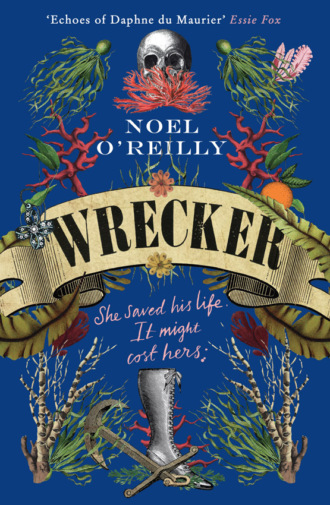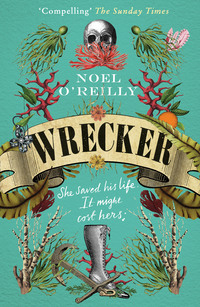Wrecker: A gripping debut for fans of Poldark and the Essex Serpent

Полная версия
Wrecker: A gripping debut for fans of Poldark and the Essex Serpent
Жанр: сказкиисторическая литературасовременная зарубежная литературафольклорсерьезное чтениеоб истории серьезно
Язык: Английский
Год издания: 2019
Добавлена:
Настройки чтения
Размер шрифта
Высота строк
Поля
Конец ознакомительного фрагмента
Купить и скачать всю книгу


